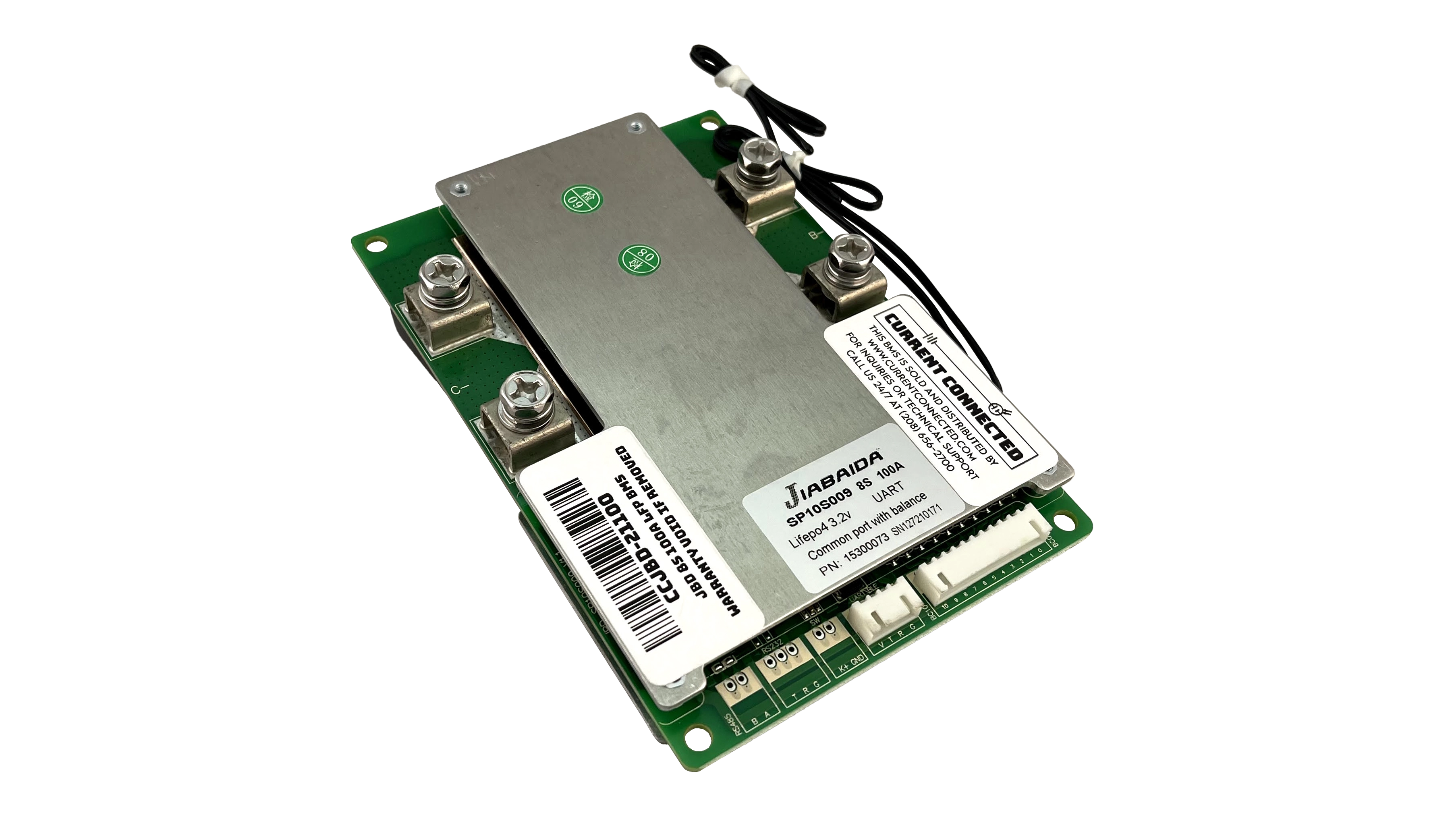A Comprehensive Guide to Choosing the Right Battery Management System for Your Lithium-Ion Battery P
Introduction: Choosing the right Battery Management System (BMS) is crucial for the optimal performance and safety of your lithium-ion battery pack. In this guide, we'll delve into the key functions of BMS and why it is often referred to as the "brain" of the battery pack.
What is BMS? BMS, or Battery Management System, is a sophisticated set of electronics designed to monitor and manage the performance of all batteries within a lithium iron phosphate battery pack. It plays a pivotal role in ensuring safe and efficient operation by preventing or addressing abnormal conditions such as over-charge, over-discharge, over-temperature, overcurrent, and short circuit.
Main Functions of BMS:
-
Monitoring Battery Status: BMS measures and calculates vital parameters like battery voltage, current, temperature, power, SOC, SOH, SOP, and SOE. Real-time monitoring of these data points facilitates convenient battery management, allowing users to keep a close eye on the battery's health and performance.
-
Alarm and Protection: When abnormalities occur, BMS issues alarms and activates protective measures to shut down the battery. Common alarms include overcharge, over-discharge, high/low cell temperature, high/low ambient temperature, and various status alerts like upside down, collision, or water immersion.
-
Balancing Management: Each battery cell, much like individual leaves, has subtle differences in voltage, internal resistance, etc. BMS implements balancing management to ensure uniform performance within the battery pack, addressing variations arising from manufacturing and chemical reactions during charging and discharging.
-
Communication and Positioning: BMS includes a dedicated communication module for seamless data transmission and battery positioning. This functionality enables real-time monitoring of the battery state by a central platform, enhancing overall control and awareness.
Conclusion: In summary, the BMS is an integral component of a lifepo4 battery pack, providing real-time monitoring and management of the battery's status. This ensures optimal battery life, efficiency, and safety. As a reputable manufacturer of lithium iron phosphate battery packs, PLB prioritizes the incorporation of advanced BMS in their products, maximizing user satisfaction and comfort. Choose a BMS that aligns with your specific needs to unlock the full potential of your lithium-ion battery pack.
Leave a Reply
- Golf Cart Lithium Battery Replacement for 2013 Club Car Precedent
- Upgrade Your Club Car DS with CloudEnergy Lithium Batteries
- Understanding LiFePO4 Charge Curves: A Comprehensive Guide
- Upgrading Your Golf Cart to Lithium Batteries: A Comprehensive Guide
- What Are the Best Battery Types for Off-Grid Living?